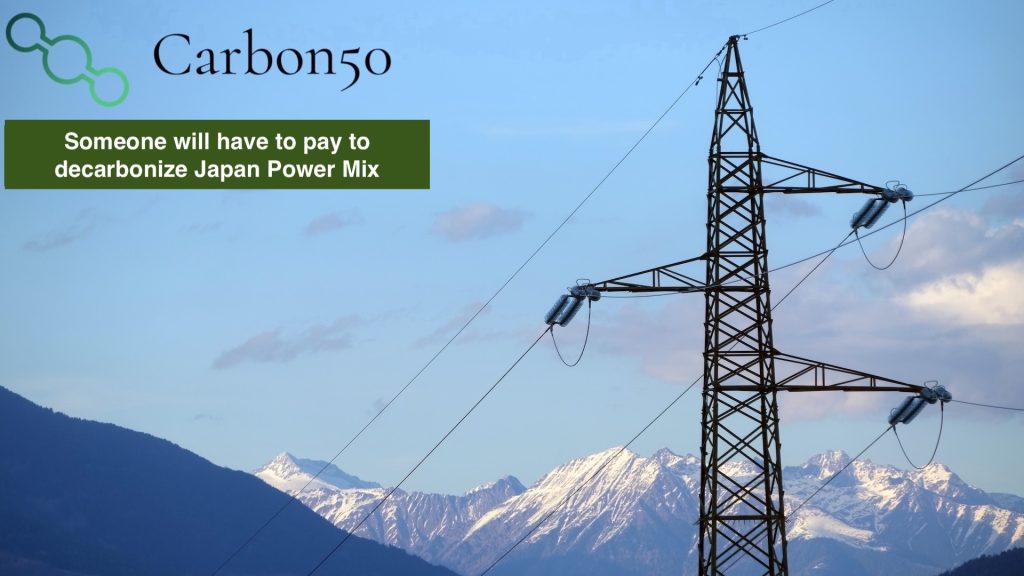On Tuesday, August 17th, METI released the first draft of its 7th Basic Energy Plan. While the plan itself is significant, the accompanying cost projections for power generation and grid integration across various technologies stand out as particularly noteworthy.
One key takeaway is the impact of grid integration costs on renewable energy. When factoring in these costs, the price of electricity from solar and wind rises substantially—challenging the narrative of “green growth,” which assumes that widespread deployment of intermittent renewable energy sources will lead to cheaper electricity.
Here are a few highlights from the report:
- Solar PV: METI estimates the LCOE for solar PV at 10.9¥/kWh in 2023, with expectations to reach 8.5¥/kWh by 2040. However, current HV projects in Japan require revenues of 14+¥/kWh, and SHV projects need 16+¥/kWh to remain viable. METI also forecasts significant cost reductions for onshore and offshore wind projects, including halving offshore wind costs by 2040. Yet, developers are increasingly facing supply chain constraints and rising material costs, raising doubts about whether renewable project costs will continue to decline.
- Hydrogen: Fuel costs for hydrogen plants are projected to be three times higher than LNG. This aligns with the inherent energy demands of hydrogen production, particularly for green hydrogen, making it reasonable to expect higher costs compared to fossil fuels.
- Ammonia Co-firing: Introducing 20% ammonia co-generation in coal plants would raise fuel costs by 50%.
- CCS (Carbon Capture and Storage): Applying CCS to coal plants would more than double production costs.
- LNG: METI predicts LNG costs will decline by 2040, though this projection remains uncertain.
- Grid Integration Costs: These costs would increase the price of solar PV by roughly threefold and add approximately 50% to wind generation costs.
- Nuclear: Nuclear is expected to remain the cheapest baseload technology. Coal without CCS or ammonia would be more affordable but is excluded from the envisioned 2040 energy mix.
Ultimately, this analysis underscores one clear reality: decarbonizing Japan’s energy mix will come at a higher cost for electricity generation.
Source: METI

